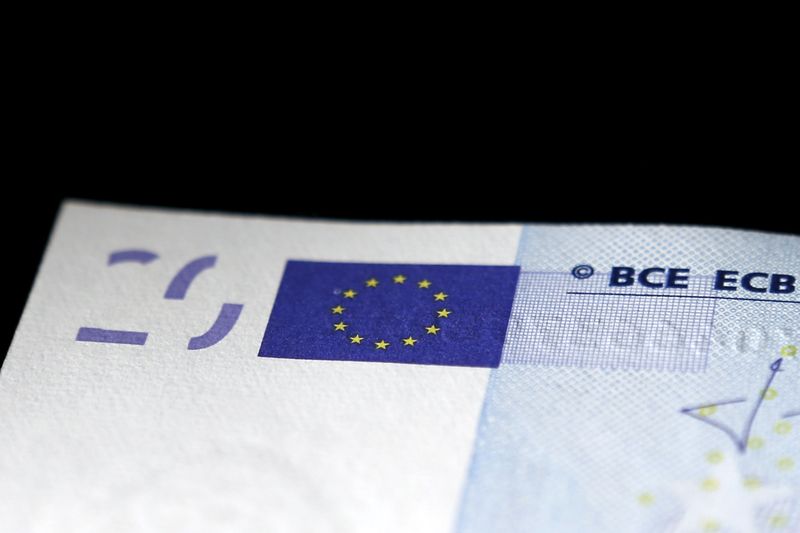Investing.com - The euro and the yen rose against the dollar on Tuesday, as market sentiment soured with European shares and oil prices turning lower after earlier gains.
Risk appetite faded after a meeting between oil ministers from Saudi Arabia, Russia, Qatar and Venezuela ended with consensus to freeze output, but not to cut production.
The U.S. dollar index, which measures the greenback’s strength against a trade-weighted basket of six major currencies, was down 0.26% to 96.50.
The dollar slid against the safe haven yen, with USD/JPY down 0.65% to 113.86, off Monday’s highs of 114.72.
The low yielding euro rose against the dollar, with EUR/USD rising 0.23% to 1.1181.
The euro’s gains were held in check after European Central Bank President Mario Draghi said Monday the bank would not hesitate to act in March, reinforcing expectations for additional stimulus measures.
Meanwhile, data on Tuesday showed that German economic sentiment fell sharply this month, amid concerns over falling oil prices, slowing global growth and heightened market volatility.
The ZEW index of German economic sentiment fell to 1 this month from 10.2 in January, but was still slightly better than economists’ forecasts for a reading of zero.
The dollar also edged lower against the Swiss franc, which tends to be bought by investors in times of risk aversion, with USD/CHF easing to 0.9858, off Monday’s one-week highs of 0.9888.
The pound trimmed gains, with GBP/USD last at 1.4460.
Sterling rose to the day’s highs after an opinion poll for the U.K.’s ITV (L:ITV) television network showed that there was a clear majority in favor of Britain remaining in the European Union.
The pound received an additional boost from data showing that the annual rate of inflation in the U.K. rose to a one-year high in January.
The commodity linked currencies trimmed back gains, but remained broadly higher for the day.
AUD/USD was trading at 0.7162, off overnight highs of 0.7182 and USD/CAD was last at 1.3793 after falling as low as 1.3707 earlier.
NZD/USD was last at 0.6602 after falling around 1% to lows of 0.6589 earlier after data showing that inflation expectations deteriorated in the first quarter, raising the prospects of more easing by the country’s central bank.
